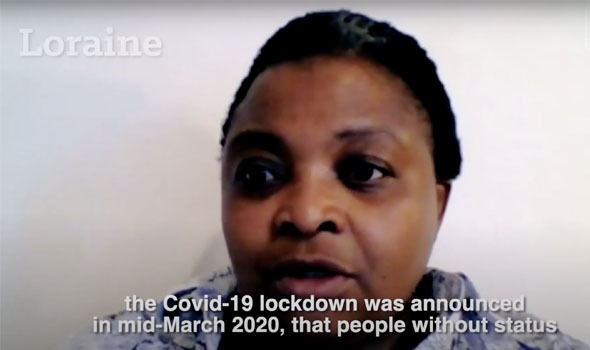

“I need the money to buy a movie studio,” he told Schneiderman. Then Murdoch, with whom Schneiderman had managed to maintain a courtly relationship (even as Murdoch continued to loathe the Voice and as the Voice, in turn, loathed him), said he was selling. “It was,” says Schneiderman, “pretty brutal,” and when John Evans, the Voice publisher, conceived a plan to run other Murdoch properties in 1985 and get himself out of the Voice, Schneiderman was happy to add the title of publisher and begin to forge his own exit strategy from the Voice newsroom. But the Voice is, famously, the most hostile workplace in America – political, sexual, generational, and aesthetic sectionalism combined with old-fashioned labor-management strife and a corporate culture of radical incivility. By many accounts, he was, to the extent possible at the Voice, a respected editor. Schneiderman is the picture, however, of long-suffering passive-aggressiveness, and when he finally arrived on site, he stayed for a record six years. The upshot was Murdoch agreed to house his new editor in an uptown office and keep him off the Voice premises for seven months. The choice provoked a very Village Voice storm of protest. Murdoch hired the 31-year-old Schneiderman, a taciturn, coat-and-tie-wearing editorial bureaucrat who was the deputy editor of the op-ed page at the Times, in 1978 to be the Voice’s editor and, in a manner of speaking, his Marshal Pétain. Not that this ever made Murdoch treat the Voice like anything but an occupied country.

You might even argue that it’s the Voice that supported Murdoch, providing the cash flow to run New York and the Post and build the base that would allow him to transform the media industry. Murdoch, who’d inadvertently acquired the Voice in his takeover of New York (whose owner, Clay Felker, had acquired the Voice several years earlier), certainly came to understand what he had on his hands. It’s unclear who first realized that the Voice was a money machine – after all, the Voice was always screaming that it was about the opposite of making money. And this is just a random sampling of opinion. “If he went away, there would be no difference in the company, I guarantee it,” says a longtime staff member at the Voice confidently. Then there is the class issue, a Voice leitmotif: Schneiderman is an editor and journalist who betrayed his brothers and reached beyond his station to become a media technocrat (a.k.a.

What he would like to do, in your normal everyday-business alchemy, is convert his local advertising to national advertising, which has much higher margins than a futon store’s eighth of a page. But because of issues of separation and fathers and such things, he got trapped here with his worst enemies, the other people who couldn’t (for reasons of talent, politics, social graces, and their own separation anxieties) exit the Voice. The drift being that he, not the long list of Voice alumni so dominant in the wider media world, was the one who was supposed to go on to bigger and better things. Instead, Schneiderman is much more critically psychoanalyzed within the Voice community – and by that measure, his career is a study in disturbing pathology. While Schneiderman’s career, in any man’s business terms, is a great success – he’s kept the shareholders happy, dramatically expanded the Voice enterprise, and achieved substantial wealth for himself (tens of millions of dollars, certainly) – that sort of analysis gets short shrift at the Voice. With his six city papers including the Voice, he’s done what Bill Gates, Barry Diller, and assorted other moguls failed to do – make a business out of local advertising (the $4 trillion worth of miscellaneous movie, restaurant, dry-cleaner, podiatrist, futon-store, employment, real-estate, and personal ads). It’s part of Schneiderman’s genius, or revenge, that he has turned the Voice into an exciting business proposition – like turning Coke into fine wine, or Russia into a smoothly running market economy. On the other hand, a big part of the tragicomic aspect of the Voice, and the subtext of its revival, is that the Voice has become a business story – about “creating a national footprint for local advertising,” in Schneiderman’s words – and that’s a story that no Voice lifer or alum worth his or her salt has any interest in. Of course, you can’t tell the Schneiderman story, or begin to make sense of it, without touching on the tragicomic story of the Voice, which gets you back into the quagmire. Instead it’s about one of its least likely employees, David Schneiderman, its former editor and publisher and the current CEO of Village Voice Media LLC, who, after 23 years of hard and mostly unappreciated labor, has become the Voice, for better or worse. This is not, strictly speaking, about The Village Voice, which is a quagmire of journalistic recrimination and lost youth – and you don’t want to get into that.


 0 kommentar(er)
0 kommentar(er)
